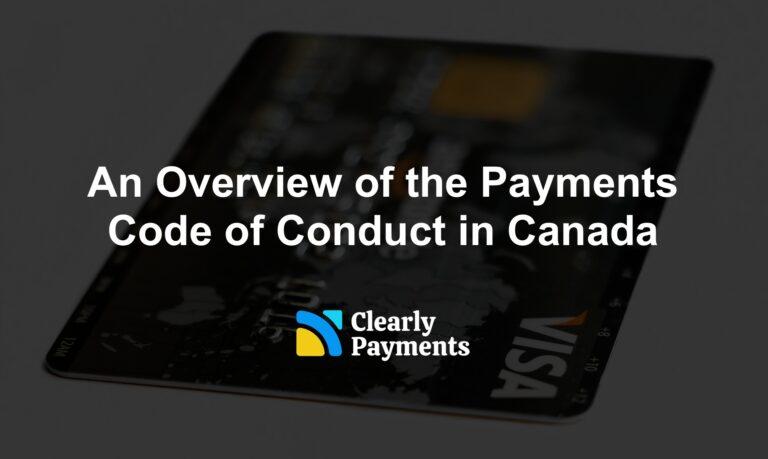The payments industry has seen many changes in recent years, with the rise of mobile payments and digital wallets. However, one big change in the payments industry is likely to come from artificial intelligence (AI). You can also read our article on payment trends.
AI has the potential to greatly impact the payments industry by enhancing security, personalizing the customer experience, and streamlining processes. In this article, we will explore some of the ways that AI is already being used in the payments industry and the potential for future developments.
AI will help conduct fraud detection in payments
AI can analyze vast amounts of data to identify patterns of fraudulent activity that might not be visible to human analysts. Machine learning algorithms can learn from past fraud cases to detect new and evolving fraud patterns. AI-powered fraud detection systems can also monitor transactions in real-time, enabling them to identify suspicious activities and flag them for review before a payment is processed.
As an example, if a customer’s spending patterns suddenly change or if a transaction occurs outside of their normal spending area, AI can flag the transaction as potentially fraudulent and alert the customer or financial institution. This can happen much faster than if a human was monitoring the transaction.
AI can also use predictive modeling to identify transactions that are likely to be fraudulent. This can be done by analyzing historical data and identifying patterns that are associated with fraud.
Personalization in payments will improve using AI
AI has the ability to significantly improve personalization in payments by analyzing customer data and providing tailored payment options that are specific to each individual customer. This means that businesses can provide a more personalized and convenient payment experience for their customers.
For example, AI will analyze a customer’s payment history and preferences to suggest payment methods that are most convenient and efficient for them. This can include payment options that are based on location, time of day, and previous transaction history.
In addition to providing personalized payment options, AI will also help businesses tailor their marketing and promotional efforts to individual customers. By analyzing customer data, businesses can identify patterns and trends in purchasing behavior and preferences. This information will be used to create targeted marketing campaigns and promotions that are more likely to resonate with each customer. This will improve customer engagement and loyalty, as customers will feel that their individual needs and preferences are being considered.
AI will improve customer service in payments
AI will improve customer service in payments is through the use of chatbots. AI-powered chatbots can provide 24/7 customer support, answer frequently asked questions, and resolve issues quickly and efficiently. This will reduce wait times and frustration for customers, while also freeing up customer service representatives to handle more complex queries.
AI can provide valuable insights into customer behavior and preferences, which can be used to improve the overall payment experience. By analyzing customer data, businesses can identify trends and patterns that can help them optimize their payment processes and improve customer satisfaction. For example, businesses can use AI to identify common issues that customers face during the payment process and develop solutions to address them.
AI will streamline processes, improve accuracy, and automate reconciliation in payments
AI will automate reconciliation, improve accuracy, and streamline processes in payments by using machine learning algorithms to analyze large volumes of transaction data and automatically match transactions to corresponding records in other financial systems.
AI will analyze transaction data and match it with corresponding records in financial systems, automatically identifying discrepancies and exceptions that require further investigation. For example, if a payment was made but not recorded in the financial system, AI can identify the discrepancy and flag it for review.
AI will automate many of the manual tasks involved in reconciliation, such as data entry, matching, and exception handling. This will help reduce errors and improve the speed and accuracy of the reconciliation process.
The Future of AI in and the Payments Industry
AI is advancing at an unprecedented pace with new breakthroughs and innovations being reported on a regular basis, in particular with ChatGPT. For example, recent advances in deep learning have enabled AI to achieve human-level performance in tasks such as image and speech recognition, while reinforcement learning is being used to create autonomous systems that can learn to make decisions in complex environments.
Generative Adversarial Networks (GANs) are enabling AI to generate realistic images and videos, while transfer learning is making it possible to train AI models with much less data than was previously required. Additionally, edge computing is enabling AI to run on devices with limited processing power, which is helping to bring the benefits of AI to a wider range of applications and use cases. All of these advances and many more are driving the rapid growth and evolution of AI, and it is clear that the technology will continue to advance at a remarkable rate in the years to come.
The use of AI in the payments industry is still in its early stages and there is a lot of potential for future development. In addition to the examples in this article, AI will be used to analyze social media data and provide personalized information based on a customer’s interests and social network. AI will also be used to improve cross-border payments by analyzing currency exchange rates and reducing fees. Similarly, AI will likely be used to facilitate peer-to-peer payments by automatically detecting and reconciling transactions between individuals.




